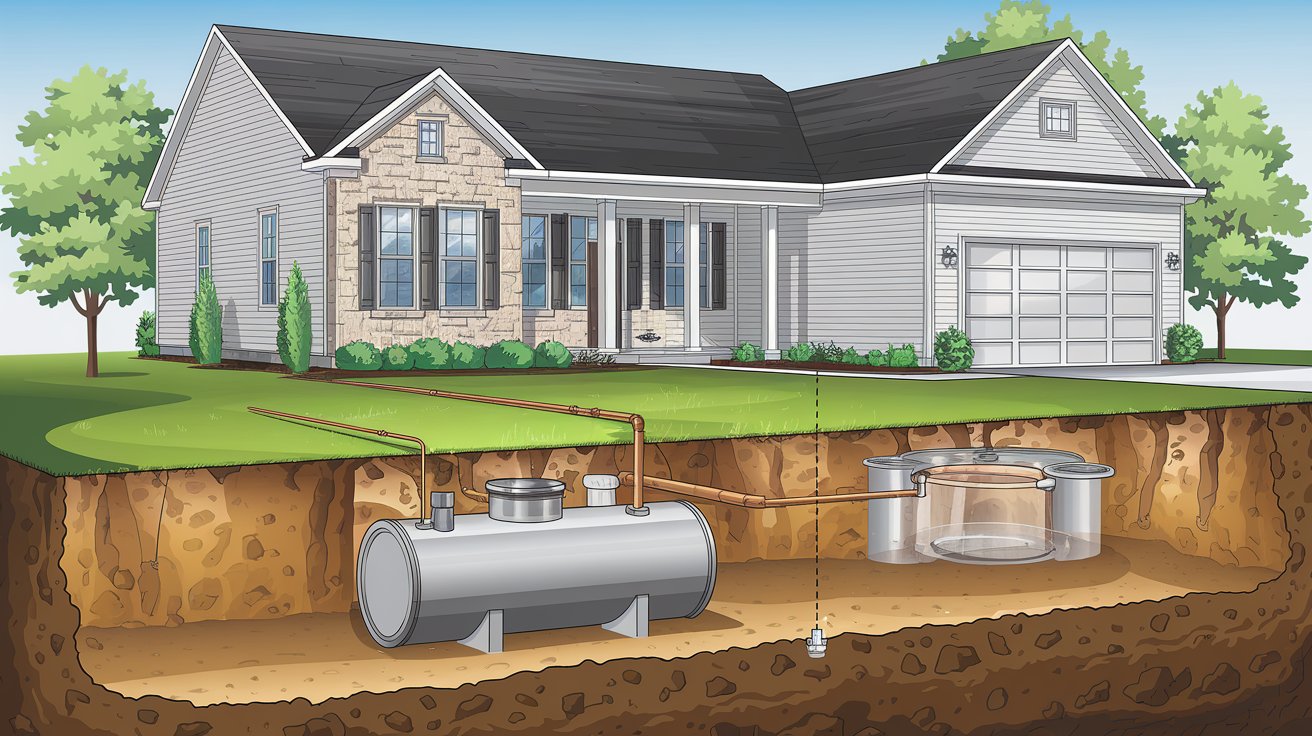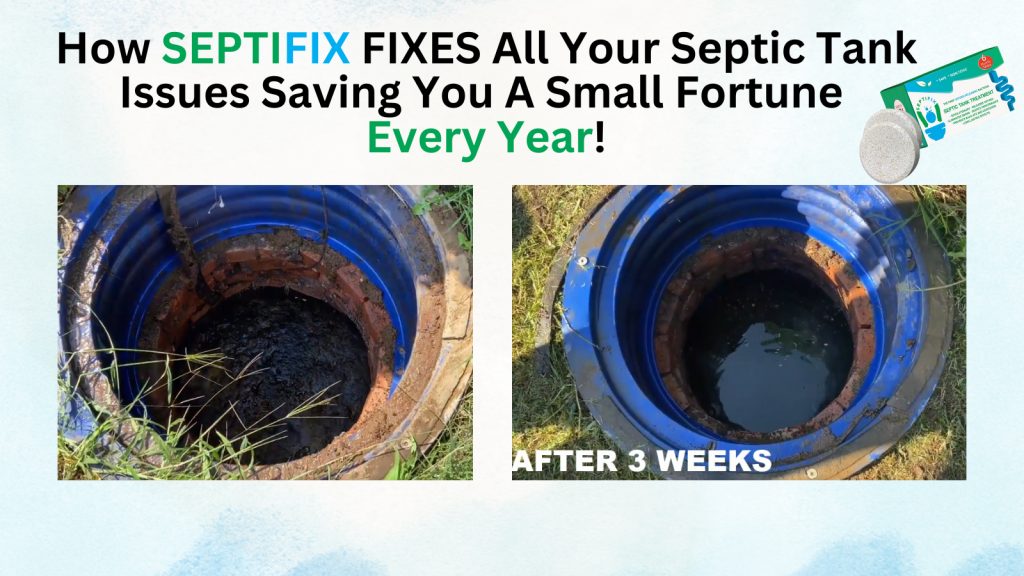If you’re a homeowner with a septic system, understanding the importance of septic maintenance is crucial for avoiding messy backups, environmental contamination, and expensive repairs. Septic systems—also called onsite wastewater systems, private sewage systems, or individual treatment systems depending on your region—are an essential but often overlooked part of your property’s infrastructure.
Failing to maintain your septic system can lead to major headaches, both financially and environmentally. A little preventive care can go a long way toward keeping your system working efficiently and protecting your health and property.
Table of Contents
- How Septic Systems Work (And Why They Need Care)
- Benefits of Regular Septic Maintenance
- Common Septic Maintenance Tasks
- Signs Your Septic System May Need Attention
- Safety First: When to Call a Pro
- Contact Info and Resources
- Conclusion: Don’t Ignore Your Septic System
- Septifix
- Septic Permit Links by State
How Septic Systems Work (And Why They Need Care)
Septic systems manage all the wastewater from your home—everything from toilets to sinks to showers. Here’s a quick overview:
- Wastewater flows from your house into the septic tank.
- Solids settle at the bottom (sludge), and oils float to the top (scum).
- The middle layer of clarified water (effluent) flows into the drain field where it filters through soil.
- Bacteria in the soil break down contaminants naturally.
Without regular maintenance, sludge builds up, clogs occur, and the system can’t properly treat waste—leading to backups or failure.
Benefits of Regular Septic Maintenance
1. Prevent Costly Repairs
A full system replacement can cost $10,000 or more, depending on your location. Routine septic tank pumping, inspections, and care cost a fraction of that.
2. Avoid Health Hazards
A failed system can leak raw sewage into your yard or even back up into your home, creating serious health risks from bacteria, viruses, and parasites.
3. Protect Property Value
A malfunctioning septic system is a red flag for homebuyers. Regular maintenance can preserve your home’s resale value and avoid unexpected surprises during inspections.
4. Extend System Lifespan
With proper maintenance, a well-built system can last 25–40 years. Neglect can drastically shorten that lifespan.
5. Protect Local Ecosystems
Septic failure can contaminate groundwater, rivers, and lakes—especially in rural or semi-rural areas. Preventing leaks protects local drinking water sources and wildlife habitats.
Common Septic Maintenance Tasks
Pump the Tank Regularly
Most tanks should be pumped every 3 to 5 years, though frequency depends on tank size, household size, and water use habits. A professional can help you determine the right schedule.
Schedule Routine Inspections
Have your system inspected every 1 to 3 years by a licensed septic contractor. They’ll check sludge levels, drain field health, and spot early warning signs.
Watch What Goes Down the Drain
Avoid flushing:
- Grease or oil
- Baby wipes (even “flushable” ones)
- Harsh chemicals or antibacterial products
- Medications
These can disrupt microbial balance or clog the system.
Protect the Drain Field
Keep vehicles and heavy machinery off the field, and don’t plant trees or shrubs nearby. Their roots can damage pipes and compromise drainage.
Conserve Water
Reducing water use eases the load on your system. Fix leaks promptly, use high-efficiency appliances, and stagger water-heavy tasks like laundry.
Signs Your Septic System May Need Attention
Be on the lookout for:
- Slow drains or gurgling pipes
- Sewage odors in your yard
- Pooling water near the drain field
- Bright green patches of grass over the tank or field
- Frequent backups or toilet overflows
If you notice any of these, call a septic professional immediately. Ignoring them can result in total system failure.
Safety First: When to Call a Pro
While DIY homeowners can take some maintenance steps—like water conservation and monitoring what goes down the drain—pumping, inspections, and repairs should always be handled by licensed professionals. Septic tanks can release dangerous gases like methane and hydrogen sulfide. Digging in or around the system without proper training is also hazardous.
Contact Info and Resources
- EPA SepticSmart Program – Offers homeowner resources and tips
- National Onsite Wastewater Recycling Association (NOWRA) – Find certified professionals
- Local County Health Department – May have regional info or records on your septic system
- OdorFreeSeptic.com – Septic Maintenance Guides – Practical tips for homeowners
Conclusion: Don’t Ignore Your Septic System
Understanding the importance of septic maintenance is the first step in protecting your home, your wallet, and your community. With a little regular care, you can avoid major problems and enjoy peace of mind knowing your system is running smoothly.
Take action today—schedule a routine inspection or septic tank pumping, and follow the best practices outlined here. It’s one of the most important things you can do for your property and your health.
Septifix








